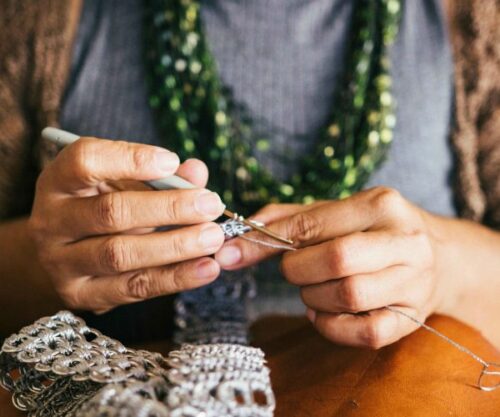
Many mommies may agree that the teething season for babies and toddlers is most unpleasant, both for parents and the little ones.
According to Seattle’s Children Hospital, you will notice these signs when your baby has reached the teething stage.
- Increased saliva and drooling.
- Facial rash due to the drooling. Food particles that irritate the skin are present in the drool.
- An increased desire to bite or chew onto objects.
- Gum pain is not always present and is usually minor. It can be the result of oral bacteria entering the recently formed gum split.
Here are the remedies to implement in order to make this journey bearable for your baby. Paediatrician, Dr. Lisa Diard took to the Cleveland Clinic‘s publication and suggested the following tricks:
Finger rub
Let your baby nibble on your clean fingers if you’re comfortable with it. Massage the area of their gums where their tooth is erupting with your index finger. They will be grateful for the actual helping hand. Try it often during the day, advises the doctor. “But really, make sure to wash your hands with soap and water before and after sticking them in your baby’s mouth. You don’t want to deal with a baby with a cold when they’re also in the midst of teething.”
Wet cloth
Wet a brand-new, clean washcloth and place it in the fridge for a short while. That will maintain the temperature just right—not too low as to hurt your baby’s tender gums. According to Dr. Lisa, “chewing on a cool, wet cloth can help decrease inflammation along the gums.” Let your baby chew on their own. Alternatively, assist them by massaging their gums with the towel.
Teething toys
Gum discomfort may go away to some extent with teething toys. Dr. Lisa suggests to pick ones that will provide the necessary pressure to ease sore gums and small enough for little fists to easily grasp. “Naturally, you also want to keep your child from choking, so choose toys that are too large for them to swallow.” For a cooling effect, many of these toys can be refrigerated. However, Lisa advises not freeze them. “Too much hardness can be caused by frozen teething toys. Dr. Lisa warns that they might also be so cold that they damage your baby’s gums,” claims the paediatrician.
Also see: Little one on the way? How you can prepare for fatherhood




